Nestor Bakunin reports from last Saturday’s anti-war march in Moscow and argues that in the context of geopolitical games between NATO and Russia, we should not forget the ordinary people of Ukraine and Russia who will pay the price for any conflict.
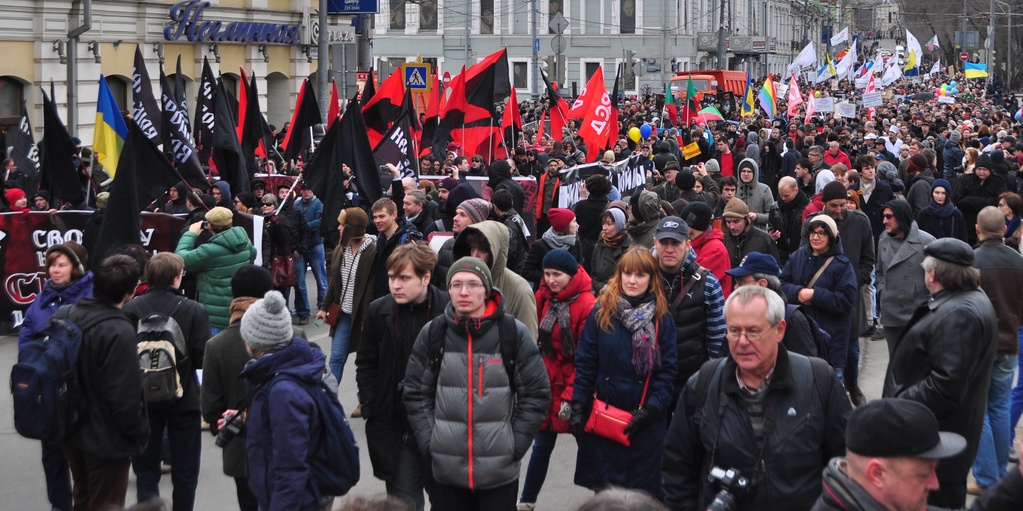
Fifty thousand people marched against war in Moscow last Saturday in the biggest demonstration the city had seen since the anti-Putin protests of 2012.
The atmosphere was angry, but positive and peaceful, in contrast to the smaller protest two weeks before where 300 people were arrested. Attendance was diverse. Many expressed fear of war, and anger over Putin’s intervention in Crimea, as well as solidarity with the people of Ukraine with slogans such as “Putin! Hands off Ukraine!”, and “Putin is the enemy of the people”.

The size of the demonstration was significant. The mainstream Russian media, which is largely pro-Kremlin, has conducted an enormous propaganda campaign in recent weeks, demonising the Maidan protesters as all fascists, and ratcheting up Russian nationalism, especially over the issue of Crimea. Putin’s approval ratings are now around 70%, his highest for a long time. Many people, even if they don’t necessarily support Putin, believe that the occupation of Crimea is justified. The government is also using the situation to crack down on opposition within Russia. In this situation it was very important for the significant minority who oppose the Kremlin to take to the streets and show that many Russians think differently to the government.
Konstantin Novikov, of the Russian Socialist Movement, said “Nobody expected that there would be so many people. Diverse political forces were represented. However, I think we must not forget that the left should take a special position on the situation. We should say no to Russian imperialism, as well as to pro-Russian chauvinism. However, this does not mean that we associate ourselves with the right-wing policies present in abundance in the current government of Ukraine.”
The recent crackdown on independent and opposition media in Russia motivated many people to attend. Andrey, an accountant from Moscow, said “I didn’t think that there would be so many people there. Lots of Russian flags, more than I’d seen before on the previous marches. I hope it shows our politicians that their decisions are not supported by all citizens. The reason of my being there is my anti-war position and I my opinion about the situation with our media.”

The chief editor of lenta.ru, the most popular Russian independent news website, was recently forced to resign, and many journalists resigned in protest with her. The site now has a pro-Kremlin editor. The independent TV channel Dozhd (Rain) is being threatened with closure, and several opposition blogs have been closed down by the government for promoting the anti-war march.
There was a significant contingent from left, anarchist and socialist groups, including the Russian Socialist Movement. They carried a banner reading “The people always pay for war” and helped to provide a sharper focus than the generally liberal theme of the march, with anti-capitalist slogans such as “Fewer tanks, more schools!” and “One solution – resistance!”. Well known English slogans could be heard such as “One, two, three, four, we don’t want your fucking war!”

At the time of writing the citizens of Crimea had voted overwhelmingly for the region to join the Russian Federation. However the vote is considered by many to be illegitimate, having taken place under occupation by Russian forces, in a very hurried manner and under conditions of panic and crisis. In other eastern regions of Ukraine there are ongoing often violent clashes between pro-Kiev and pro-Moscow protesters and Russian troops are massing on the mainland border with the country.
Meanwhile, the new Kiev government is comprised mainly of neoliberal politicians, technocrats and oligarchs, and includes at least 4 far right members. It has been described by Russian socialist Ilya Budraitskis as “an absolutely terrible government”. It is in an extremely difficult financial situation, which predates and helped to precipitate the Maidan movement, and due to the possibility of default is currently negotiating a bailout with the IMF to be accompanied by the usual “reforms”. These will result in lower living standards and more misery for ordinary Ukrainians, as well as economic dependence on the west. How they will impose these conditions on a population which has just overthrown one government, has very little respect and trust for any politicians in the country, and has lost its fear of the state remains to be seen, although the aggression from Russia is providing a useful external threat which the government is using to bolster its support.
The war of words with western governments has so far resulted in little more than limited sanctions on certain politicians from Russia and Crimea. Beyond the deployment of AWACS spy planes over Poland and Romania to monitor the situation, the possibility of western military involvement so far seems remote. Nevertheless, if the situation escalates we could face the terrifying prospect of war between NATO and Russia. Ironically, while Putin wanted to prevent the nightmare scenario of NATO expanding to Russia’s borders, and hoped to build closer ties with his neighbours with the Eurasian Union, his actions have resulted in increased isolation, with even close allies like Kazakhstan and Belarus distancing themselves from him.
In these geopolitical games it is the ordinary people of Ukraine and Russia who are being forgotten and who will pay the price for any conflict. The old International Socialists slogan “Neither Washington nor Moscow, but International Socialism” has a new importance. We need to oppose any interference by western powers, and especially any military escalation by NATO, but we must also give whatever solidarity and support we can to the Ukrainian left and anti-fascist movement, and also to the Russian left and democratic opposition.



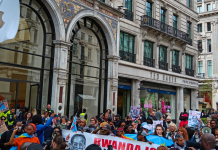

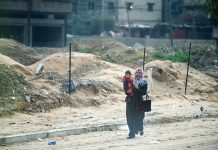





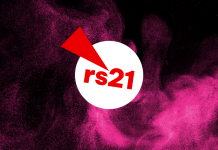
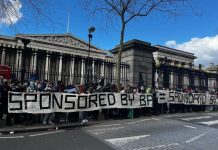







[…] * Moscow anti-war march says no to Russian imperialism http://rs21.org.uk/2014/03/19/moscow-anti-war-march-says-no-to-russian-imperialism/ […]
[…] * Moscow anti-war march says no to Russian imperialism http://rs21.org.uk/2014/03/19/moscow-anti-war-march-says-no-to-russian-imperialism/ […]